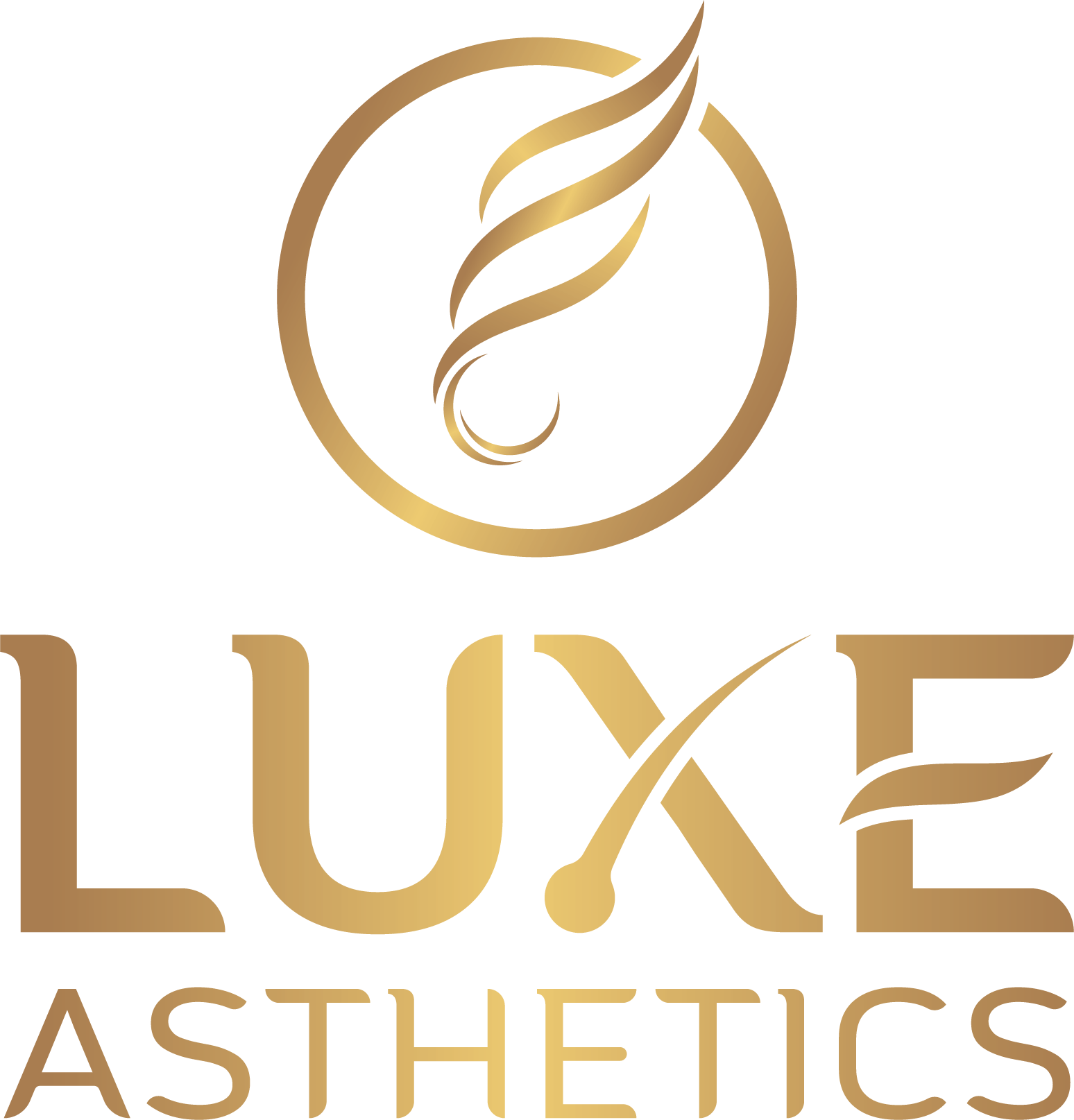
In today’s digital age, our lives are increasingly intertwined with screens. From smartphones and laptops to tablets and televisions, we spend a significant portion of our day bathed in the blue light emitted by these devices. While this constant connection offers undeniable benefits, it comes with a hidden cost: the potential damage to our skin.
Blue light, a high-energy portion of the visible light spectrum, is not just a nuisance for our tired eyes. Research suggests that prolonged exposure to blue light can have detrimental effects on the skin, accelerating aging and causing various other concerns.
Understanding how blue light impacts our skin and adopting protective measures is crucial for maintaining a healthy and youthful complexion.
The Culprit: Blue Light and its Skin-Damaging Effects
Blue light penetrates deeper into the skin compared to UVA and UVB rays, reaching the dermis where collagen and elastin reside – the very components responsible for skin’s firmness and elasticity. This deep penetration leads to several negative consequences:
Premature Aging: Blue light contributes to the breakdown of collagen and elastin, leading to wrinkles, fine lines, and a loss of skin firmness. Studies have shown that blue light exposure can trigger the production of free radicals, unstable molecules that damage skin cells and accelerate the aging process.
Hyperpigmentation: Blue light can stimulate the production of melanin, the pigment responsible for skin color. This can result in uneven skin tone, hyperpigmentation, and the appearance of dark spots. This effect is particularly noticeable in individuals with darker skin tones.
Inflammation: Blue light can trigger inflammatory responses in the skin, leading to redness, irritation, and sensitivity. This can further exacerbate existing skin conditions like rosacea and eczema.
Disrupted Sleep: Blue light exposure suppresses the production of melatonin, the sleep hormone. This can lead to sleep disturbances, which in turn negatively impact skin health and overall well-being.
While the research on the long-term effects of blue light exposure is still ongoing, the evidence suggests a clear link between excessive screen time and skin damage.
Minimizing the Damage: Protective Strategies
Given the potential consequences, it’s crucial to adopt strategies to minimize the impact of blue light on our skin. Here are some effective ways to protect yourself:
Limit Screen Time: The most straightforward approach is to reduce the amount of time you spend staring at screens. Take regular breaks, step away from your devices, and engage in activities that don’t involve digital screens.
Adjust Screen Settings: Most devices offer built-in settings to adjust the color temperature and reduce blue light emission. Utilize these settings to minimize the amount of blue light your eyes and skin are exposed to.
Invest in Blue Light Blocking Filters: Applying screen protectors or wearing glasses with blue light blocking filters can significantly reduce the amount of blue light reaching your eyes and skin.
Incorporate Skincare with Antioxidants: Using skincare products rich in antioxidants like Vitamin C, E, and ferulic acid can help combat the free radical damage caused by blue light exposure.
Maintain a Healthy Lifestyle: A healthy lifestyle, including a balanced diet, adequate sleep, and regular exercise, promotes overall skin health and resilience, making it better equipped to handle the effects of blue light.
By incorporating these strategies into your daily routine, you can significantly reduce the harmful effects of blue light on your skin and maintain a healthier, more youthful complexion.
Remember, moderation is key. While technology offers immense benefits, it’s crucial to be mindful of its potential drawbacks and take steps to protect your skin from the unseen threat of blue light.
